Identifying genes which determine response to immunotherapy, and then determining the signalling pathways these genes are affecting.
To realise the promise of personalised medicine, clinicians need to know ahead of time which patient with melanoma will respond to which therapy. Currently, a set of genetic signatures are used as molecular biomarkers to predict therapeutic response.
One highly successful immunotherapy, in patients who do respond to it, is the anti-PD1 antibody MK-3475. PD1 is a protein (programmed death) which is expressed on the surface of immune cells to form a biochemical shield protecting melanoma cells from the immune system. Deploying an antibody to PD1 blocks this protective action. But this only works in 60% of patients.
This research project involves working with tissue samples from the MIA Biospecimen Bank donated by patients treated with MK-3475, both responders and non-responders. The RNA is first extracted from the samples, followed by sequencing using advanced high-throughput technologies to profile differentially expressed genes which are associated with good response to anti-PD1 immunotherapy.
Already, a list of genes has been identified which distinguish good and poor response for anti-PD1 immunotherapy. The next step is to tease out the biochemical and immune signalling pathways these genes are affecting.
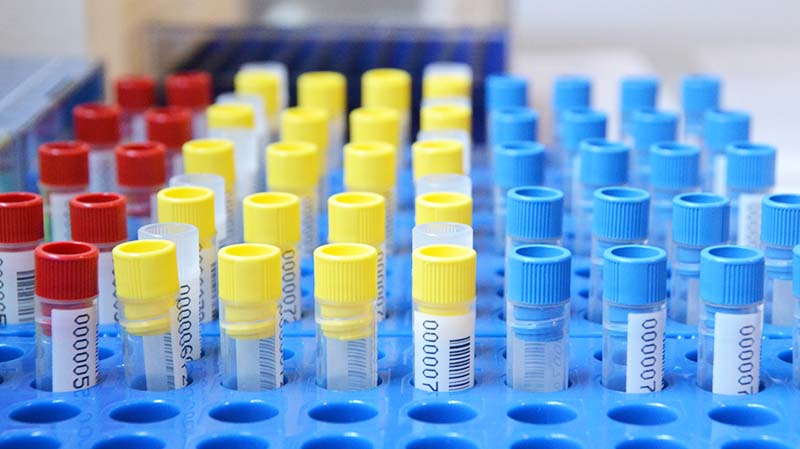
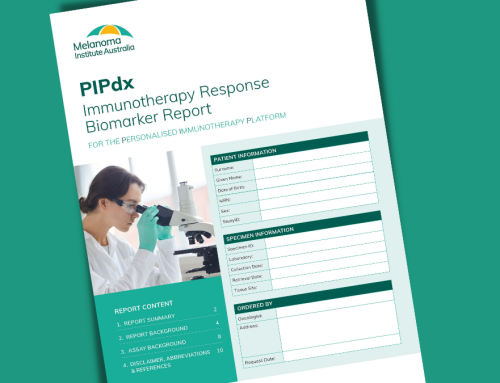
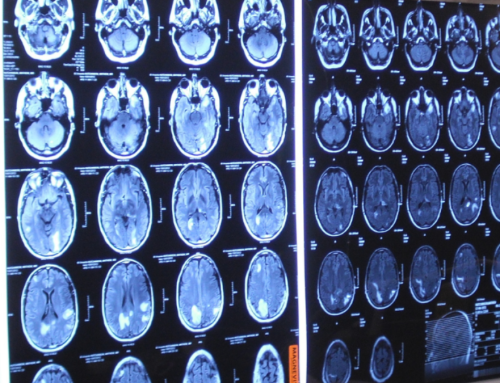
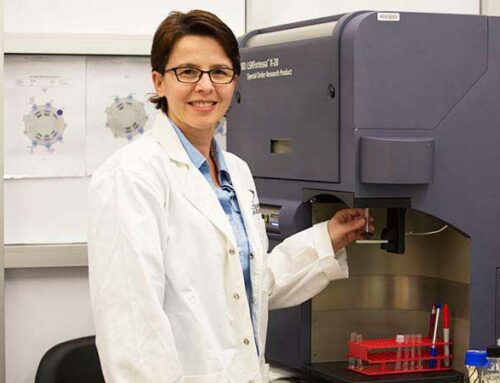
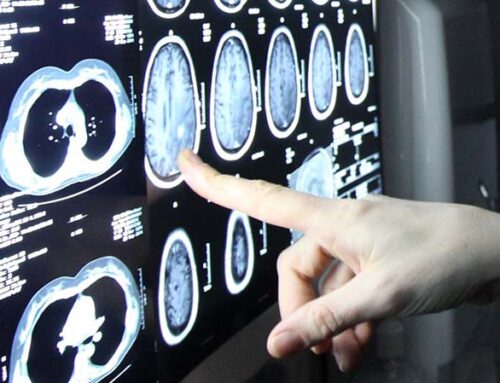
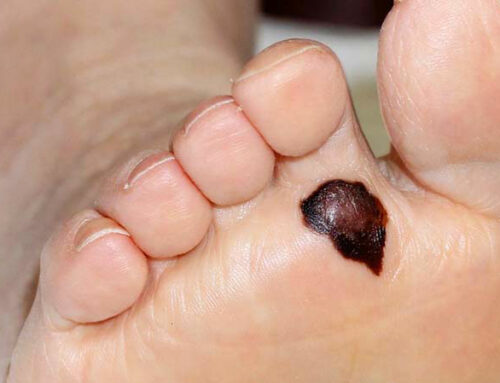
Leave A Comment